An English Degree, No Electricity, Phone or Internet for 5 Days, Duality... Oh, and Pandemic4/19/2020 In one of my favorite Pearl Jam songs, "Thumbing My Way," Eddie Vedder writes... There's no wrong or right, but I'm sure there's good and bad. The questions linger overhead. No matter how cold the winter, there's a spring time ahead... I smile, but who am I kidding? Taking on this principle, that I think of as everything is shades of gray, I have found a freedom from the heaviness placed upon my spirit by a society that values labeling everything so that constructs of conformity can be created to judge oneself, their social position, their righteousness, and their ability to succeed over the likelihood of failure. In other words, a view of people and situations, being defined as "positive" or "negative" in nature by the stories and principles which precede them, and therefore the experience you have of them following suit. So much of our lives are labeled along this dual spectrum before we even have the opportunity to fully experience it ourselves. It equates to us being told what to experience, how to react to it, and what we should feel about it. It can so muddy the way we access life, that many of us become dull or unsure of what we actually feel or enjoy. How do we know, if everything comes to us prepackaged, label applied? To experience things labeled as "negative" has become so unacceptable in our culture that a space to process our feelings around those experiences, we inevitably have, is hard to find. To express feelings that are considered "negative" has become taboo. Frustration, under these conditions, if expressed, can result in our own label as a "negative" person. Our grief process suddenly has an arbitrary time limit, and it too is labeled "negative" as we're accused of dwelling and being unable to "just let go." Yet, in this human experience, to deny the importance of the entire gamut is to drown the possibility of anything to have significant meaning -- for us to better understand ourselves or others. How is a fullness to be experienced without access to the complete range of the spectrum? There is no doubt that tragic life events mark us at times in irrevocable ways. Not all of them can be said to be advantageous to our own well being or even, perhaps, to those our wounded self encounters. For myself, multiple childhood traumas left me with reactionary patterns, physical and sexual shame, and social anxiety in particular situations that I've had to work very hard to accept or transform into something that gives me the space to have my fullest expression as an adult woman. These traumas were reinforced, changed, or exacerbated by several additional traumas I have experienced as an adult. Without going on about the details of those traumas, I want to express that to varying degrees, I understand trauma to be a universal experience. How we process the trauma, while following certain tendencies identified by science, is largely individual. What seems a minor occurrence to one individual may send another to the brink and vice versa. Neither individual is wrong in their experience of the occurrence. Many variables are at work, and it is unhelpful for us to classify another's reactions based upon our own or our analysis of what they should be, as we are outside players. I am writing this during a pandemic where we have been asked to shelter in place, practicing physical distancing from non-household members as much as possible. Those in positions and careers deemed non-essential have been restricted from work and providing for their families with no tangible timeline for a return to anything resembling normalcy. Children are home from school and separated from friends. Some parents are juggling attempts to earn income from home while also helping their children complete school work there. This assumes every family has a laptop or other device that can be used and that there is enough time in the day for everyone to do their tasks on that device if there are not multiple of them. Essential workers and healthcare professionals feel more at risk for contracting and spreading the virus so much so that some are choosing to house themselves away from their families, causing further isolation and financial burden. Unemployment has been expanded to the self employed and small business owners, but computer systems have not caught up to the demand or new parameters, and some are being denied. Again, no real timeline. No idea of what we'll return to, and many unsure if the job they worked so hard to create for themselves will exist in our future. I'm writing this at the hardest moment I've experienced in all this. A tornado like storm has taken out power for thousands of people in my area. Mine has been out for 3 days now. (It was out 5 total.) It's maybe 40 degrees Fahrenheit in my house. I'm sitting on my couch in my winter coat, under quilts, my hand is almost too cold to move my pen across the paper. I was once building my local yoga and movement clientele, living in a two income household - jobs which were built from the ground up so we could remain in our community where we were raised and contribute to creating whatever could be mustered in our economically struggling area. My philosophy had always been not to sell my soul to money and a rat race when I was free to build some version of a dream and come home from my work more fulfilled. Now, no one in my household is allowed to work outside of the home. Our work, as it was known, may not exist for some time. The task is, now, to try to obtain unemployment, and create income that's possible from home, trying to sale online classes, artwork, editing services... something. Sales of anything in such an economically dire time is a shot in the dark. In the last month, I have found myself needing to accept donations of food and money, worrying if I will need to relocate during a pandemic, concerned about the future for my children, distrusting information from most sources, playing out scenarios to earn money, unable to do anything aside from hours of yoga and physical movement, and now, being reminded of times when I was younger and entire days were spent trying to stay warm and find food. There have been countless opinions written in the last weeks about how we should be spending this time. People telling us how we should be feeling. Most seem to be saying that we should be taking this time to replenish, reassess, and reevaluate. Recommendations are given to get creative, play, explore new hobbies, and enjoy time with the family. All of these things are worthy endeavors and may be accessible to some, but for others of us getting to a state where those things are mentally possible can feel rather impossible. For many of us, including myself, this time is the ultimate test of our resiliency and the tools we have worked so hard to obtain for our personal wholeness and growth. This is a trauma. A collective trauma, and with everything we have we are battling reverting to old ways of coping, of simply hoping to survive while discarding the goal of thriving for the time being. Keeping afloat is overwhelming enough. It's April. This morning, the temperature is cold for this far into spring. I'm wearing a flight jacket with Navy patches that belonged to my Papaw Hansel who served in the Korean War as a frogman, which he explained to me was a precursor to the Navy Seals. He once told me a story of standing on the deck of his ship in open ocean. Enemy planes had been circling overhead for hours and they were sitting vulnerable. He said that tension got so high many were locking themselves away below deck puking in fear. He chose to be there, on deck, watching the enemy and flipping them the bird. He told me sometimes they'd fly low enough that he could see the whites of their eyes and he smiled. All they could take from him at that point was his life, and he wanted them to see his smiling face. They eventually abandoned the intimidation tactics and flew away. Papaw died of bone cancer an octogenarian. No too long ago, but long enough.
Sometimes, though, smiling in the face of threat is not possible. Perhaps a greater good is to be considered and no one can agree on an approach despite working toward the same goal. My dad is a huge fan of the Webber and Rice rock opera, Jesus Christ Superstar. I grew up with it as a regular lullaby. He can sing every word to every song from beginning to end. Judas Iscariot opens the story and as much as it is the story of Jesus the Christ, I always felt more drawn to Judas. The empath in me felt his worry and his desperate attempts to preserve his friends and their ideas when the world seemed to be falling apart. What do you choose to save under those circumstances? What do you trust? Judas opens, "My mind is clearer now. At last, all too well, I can see where we all soon will be." He goes on to implore Jesus to listen, to remember they are the weaker underdog. That if they make too much noise, they'll be crushed, and that he is a man and will die, perhaps taking out the rest of them too. Judas asks his friend to remember his loyalty, saying, "Please remember that I want us to live, but its sad to see our chances weakening with every hour..." Judas did not want to betray Jesus. He wanted to live. He wanted the principles they were teaching to live. In his duress, the only way he saw to do this was to sale out his friend. "Our ideals die around us all because of you. And now, the saddest cut of all -- someone has to turn you in like a common criminal, like a wounded animal..." I cannot help but see this very scenario playing out with everyone spouting the results of their fears on social media. My maternal grandmother, who I called Mimi, told me the story of the Judas Tree. The Judas Tree is another name for the redbud tree common in the eastern Kentucky hills. It blooms in early spring, right before the dogwood, heralding the coming relief of a break in the weather. Mimi said that when Judas decided to end his own life after ushering in the death of his friend, he chose to hang himself from a sturdy, tall tree with white blooms. The tree took the shame of Judas as he died, shriveling and gnarling. Its blooms shrank and blushed with the guilt and embarrassment. It became our beloved redbud tree. It grows in our hills alongside the dogwood who's blooms are known to tell the story of Christ. Judas still the dark harbinger of beauty and light. I always found it hauntingly comforting that the leaves of the redbud are heart shaped. In Hermetic philosophy, the Principle of Polarity/Duality, is stated as follows: Everything is dual; everything has poles; everything has a pair of opposites; like and unalike are the same; opposites are identical in nature, but different in degree; extremes meet, all truths are but half-truths; all paradoxes may be reconciled." Everything existing on this plane that is experienced through individual perception is a spectrum, a double sided coin, no matter how seemingly concrete. Our existence is multifaceted, double jointed, layered, and told back to us in stories. In the bittersweet story of Judas and Jesus, the idea of duality is clearly illustrated. Even in the sequencing of the blooming trees that carry their tale, it is clear. Without Judas, Jesus is not possible. Their story plays out in a full spectrum of continuous love. During the last argument between Jesus and Judas in Jesus Christ Superstar, Judas delivers the lines -- "To think I admired you, for now I despise you!" Jesus answers, calling him a liar. Judas understands that Jesus realizes the necessity. Judas asks him what if he didn't betray his whereabouts, stayed, and ruined his ambitions. Jesus screams at him to go. Love and hate are the same in nature, only varying in degree. One can quickly appear to be the other, as the energy applied toward the feeling of it shifts. It seems then, that on this plane of existence, that duality is necessary for us to make sense of ourselves and the lives we are living. Otherwise, would we even know we are alive? Would it matter? Have we become so adverse to the range of human experience that we are paralyzing ourselves to life until death stares us in the face and we have to pay attention? Are we so appalled by and fearful of death, we forget to live? How often does hardship become the impetus for the most beautiful growth? I know, sometimes, within our awareness, nothing good comes of tragedy, especially that which we perceive as preventable. One of the things that happened to me repeatedly over the course of a few years when I was a small girl can be described as nothing but atrocious. I didn't ask for it. I was powerless. I didn't deserve it. I still wear its physical and mental scars. I cannot see anything good for me that has come of it. Yet, because of the experience, I feel I am more open to being present for the story of others. It has led me to a portion of my work, and perhaps, even the ability to write this piece. I wouldn't be the me that I am without it, the wounded animal that I am. Is that good? Bad? Does it matter? That event continues to impact me and those I encounter. When I listen to another's story without judgement, is the thing that happened to me made new and good? I know this current experience is marking me. I know it is changing the story for all of us. We didn't get the trigger warning, and here we are. Dust made of many of our plans. All we have is now and the opportunity to interpret the conditions we are actually in, and decide to do one of three things -- accept them, change them, or wait for more information. The alternative is to wallow in the mire. But, the time to hesitate is through. Try now. We can only lose, and our love become a funeral pyre. Regardless, I am lighting my fire.
0 Comments
My baby sister stood in a glass box the size of a long gone, street side phone booth. She was seven years old. We were visiting the mall in the city where my grandparents had relocated - Spartanburg, South Carolina. She had been chosen from a crowd of people that had gathered around the booth in curiosity. I don't know if they thought they were being clever choosing a young kid for the show. If they did, they had never encountered a kid like my sister. She wore a mix of fear and excitement on her face. They closed and sealed the door to the box. As soon as it was secured, they turned on a blower that shot a high force of air up from the bottom of the box. Her hair blew. Then, they released the cash. A combination of bills, mostly ones, blew all around her. The timer began. She had thirty seconds to grab all she could hold and stuff into her clothes. If she was lucky, she'd snag the hundred dollar bill. She reached and grabbed faster than I had ever seen her little, chunky kid body move. Most of the bills flew out of her reach, but she didn't focus on what she couldn't get. She kept all the effort close. She clutched and snatched the money like all our lives depended on it. I can't remember how much she had when she left the box. I just remember how impressed everyone was with the amount. They said, "She might as well have grabbed that Benjamin!"
Everything that required and effort or attempt from me received 100%. 100% of frantic, desperate, overly zealous, hurried, raging fire me until I burned out. I felt the need to seize every opportunity that I felt confident I could use to achieve. It didn't matter what I was achieving, as long as people would think it was good. I'd give it my best regardless of whether or not it spoke to my heart or fed my soul. I'd do it simply because I could.
Dylan isn't the only teacher offering classes on the app, and soon I was saw another instructor, Melini Jesuadson, who offered specific handstand conditioning and training. She was trained in the Cirque du Soleil tradition, and made it look so doable. I picked up that program a month ago. I train strength and mobility with Dylan and a few others. Proprioception, approach and form is covered in Melini's program. I continue with my regular asana, pranayama, and meditation practice. In the class of the series Melini calls Handstands with Wall, she talks a lot about fear. What creates it and how to work passed fear. She suggests that a handstand practice can tell you a lot about your personality and your approach to life, especially challenges. Seeing handstanding as unattainable for so long gave me the impression that there wasn't much more that I could learn about myself and my body from its practice that I couldn't learn from doing foundational asanas like Warrior II. From the first time I worked through that class, I decided to use the practice as a tool to help me pin down patterns of behavior, my inner voice, and ways in which I react to challenges that I cannot readily meet. The practice of handstand would be the alchemical process for understanding these aspects of myself and transforming them into something more useful. It's been amazing. That brings me back to the story about my sister. My quest and self imposed obligation to take on every opportunity to earn money or credentials, like my sister's money grabbing adventure, is indicative of a scarcity experience creating a scarcity mindset. Growing up knowing that there was no and never was going to be a nest egg drew out the drive to grapple for those opportunities. It's common among people where I come from. It's basic sense of survival. Leah and I were taught that our mind was our best asset for providing a good life for ourselves. It was a combination of education and achievement that would secure a comfortable life. Our mother hoped too, that we could make ourselves attractive enough to possibly marry up. In 2012, according to a health issues poll conducted by the Foundation for a Healthy Kentucky, eastern Kentuckians believed that their children would be worse off financially as adults than they are by a rate of 61%. I know that fear was real for my family growing up in the 80s and 90s. We were always encouraged to do well in school, go to college, and leave the mountains. Based on some comments female adult family members made to me and teasing in school, I decided early on that my looks could get me nowhere. I had to rely on brains. I had to use every available space to prove myself worthy of being chosen. Being from eastern Kentucky, I better never turn down a good opportunity to earn my keep whether or not it would be through a means I was passionate about and felt drawn towards. Another good, or better opportunity may never come. The grass is never greener. Accept the blessings you're given and be content. I've never been content in traditional roles, in the rat race, or selling my soul to the machine.
the outside world who could make it happen for her? After many rejection letters for my short stories, I had to give my time more to making a real living and raising kids. To land yourself in handstand there are variables that must have your attention. If any one component is off or unrecognized, you find yourself using a lot of energy without ever holding your body upside down. At worst, you'll fall feet over head on your ass. Every time I had randomly attempted handstand, I did so wishing that my brute strength would see me through and something would click. Like training wheels on a bike, I was too ornery to use a wall. I've fallen many times flat on my back, even the side of my face. It was as if in every approach I was setting out to prove myself right. Handstands were not possible for me, therefore I could justify it as not being part of my practice no matter how far I advanced my physical abilities. It was like my dream of being a writer. I was unlikely to score through serendipity. My effort needed to be toward achievable goals. It turns out that handstanding can be learned through a variety of clear methods. Step by step. Body awareness. Fun daily practice. I'm learning to be an upside down tree. Rooting into the ability to trust and believe in the unseen. Proprioception. Tangibly dreaming that in my middle age, I too will float and fly. Everything I've done, I've relied on my intellect and a force of effort to see me achieve. Because of that, I have kept goals smaller than the dreams of my heart, focusing on the obstacles and practicalities of life instead of potential for finding my purpose. We're now living in an era where it could be easier than ever before to find yourself making a livable wage as a writer and speaker on topics of personal growth and spiritual awakening. Many times I tried, taking the risk only when I was sure I could recoup from the pain of the fall. Taking the similar more pragmatic offers, always getting me close, but never the cigar. There is a way. A plan. A means to see my dreams alive under my hands and in the sound of my voice speaking to curious hearts. I stand feet together, hands shoulder width apart on my mat, and wrists in one line. I draw my navel in and up, lift my pelvic floor, and tuck in my lower ribs. I lock out my elbows and lift through my chest. From flat feet, I bend both knees, and spring with control off both feet. I push the ground away with my hand. I tuck up and find my big toes against the wall. I point my toes, press my ankles together, and squeeze my butt. I check core engagement. Arms straight. Eyes focused on the mat between my thumbs. All this I have practiced also laying down. One step at a time. Daily practice until I am practicing in the center of the room.
It's a marked and steady decline from my youth. It would take me an entire essay to explain to outsiders how living here is so unlike the urban American experience that it is as if you're from an entirely different country. Cultural norms, stereotypes, and etiquette are difficult to translate. It's a place that the developed world over still finds it politically correct to publicly and openly insult without most people thinking less of you for doing so. I've experienced it often firsthand, even from people I thought respected me. It may be worse from within our own state where whole swaths say, "We're not THAT Kentucky," when referring to the eastern part of the state. This place, more so the landscape, is my home. It is the substance of my blood. It's a place you should experience with a guide. Not just any guide. Not a romanticized reframing narrative of how its quaint, enduring beauty has been falsely portrayed. Not the resiliency narrative of a people perpetually oppressed and misunderstood as if they were the butt crack of society. The scapegoats. While both hold merit and are important pieces of the story, they are glorifying oversimplifications. It's far more complicated and nuanced. In not taking the time to convey or discern the big picture, many efforts of revival here shoot off their own toes, spin wheels, and self sabotage.
As much as this place is a part of me and what I want to keep in my life, there is a significant aspect of me that feels stifled, put down, and silenced. Working on my own groundedness, I have realized that the place I call home has never fit outside of a few mossy rocks and rolling mountain streams. That part of me wants to go. I imagine some sort of balance where my permanent dwelling is here or another part of Appalachia and I travel for my work. I have both worlds in that scenario. I have my landscape. The microcosm that created my body and foundations, while at the same time finding a wider interpersonal community where I can contribute through sharing embodiment workshops, yoga, and my writing. I can share with people who are interested in my perspective and experience, while I learn from them and their offerings. I have some beautiful opportunities to share some aspects of who I am here. Those chances keep me from feeling devastated. Yet, overall, I often feel a waste. I feel as if I am an odd peg with a chipped corner and one side swollen from getting wet. I belong to the set, but I don't fit well in the hole. The only time I don't feel awkward here is when I am teaching a yoga class. As soon as I end with "Sat Nam," the awkwardness floods back in. I have stopped being in public here aside from errands, school events for my children, teaching yoga, and wherever I can escape into the woods. There are ghosts here to dodge. Eyes that have shared with you behind a screen like a confessional, but won't look at you in the grocery store. Ducking behind displays on aisle end-caps to avoid small talk that is only cordial. Empty store fronts of inaccessible, unsustainable opportunity. A community you love so much it breaks your heart, but has only so many tiny spaces where you can squeeze in for a moment if you can behave not pushing too many wrong buttons. I've pushed those buttons, and like a mouse in a scientific experiment, received the electric jolt to associate with the behavior. I use the word "afraid" a lot. I'm adverse to small town drama because it is no longer worth the consequences. I'm happy to risk when my heart is passionately led. Other than my personal work in my little room and teaching yoga privately and at my local library, I haven't felt passion in a very long time. I have not felt the space for it. I have not had what I need to add fuel to what burns in me. The burning turns to sadness unexpressed and dies there uncomfortable to breathe.
I don't know my answer. I want to trust that the opportunity comes where I find that balanced place I mentioned before to feed my soul. I know that it is becoming harder for me to accept as when I visit away from here, even conversation in the checkout lines feels so much warmer and genuine. There are more spaces for me than I have the ability to fill. Here, I find myself more insular and reclusive than is healthy for me, and I don't have much impetus to change that in the current configuration of home.
Maybe... just maybe... I haven't been home yet.
|
| My family's story took a pretty big turn with The Indian Removal Act of 1830. President Andrew Jackson signed the act into law that allowed the Cherokee to be forcibly removed from their homes and lands in the Georgia foothills of the Appalachians to the Indian Territory of Oklahoma. Some of my family escaped into the North Carolina mountains and would help form what was later to become the Eastern Band of Cherokee and the rest were relocated to Oklahoma around what is today Sallisaw. The woman pictured below suffered through the separation that my family experienced through this heinous and violent act of the American government. |
| My great great grandmother Arizona was the child of some of the Cherokee that experienced the Trail of Tears firsthand. Here she's photographed in her backyard with her crutch. She had to leave home at 15 with a bad leg and walk from Calhoun/New Echota, GA to Dayton, TN to find a new life. There she married and she and her husband moved to Hazard, Kentucky so he could mine coal. He lost his life in the mines, and later she remarried a British man she met in Hazard. This is the first coal link in my tree that I am aware of. The next comes with the building of coal towns and the mass advertising campaigns to people of all ethnicities, all over America for real jobs with real wages and real inclusion in the coal mines of eastern Kentucky. |
The bottom picture is William Stephens and Amanda Sue Clay Stephens from Olive Hill, Kentucky in Carter County. They moved to Letcher County during the building of Jenkins, Kentucky which was built by Consolidation Coal Company beginning with the purchase of the land in 1911. My great grandmother who was my babysitter all of my young years was their daughter - Golda Ruth Stephens Johnson. She was born in 1912 as the first of eight children. It seems the family came around 1914 to Letcher County for coal mining. My Mamaw Johnson always told me her daddy was a Blackfoot Indian which seems kind of strange to me considering he or his family would have had to travel a long way in order get to Olive Hill, Kentucky from Montana or Canada even. Who knows though? He's definitely from somewhere.
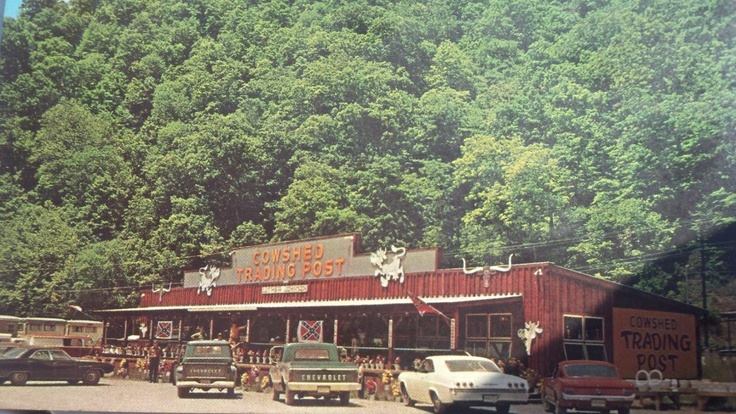
Papaw Hansel became an electrician in the mines and eventually took that skill and became a teacher at the vocational school in Letcher County. So, he too found a way out of the mines, but not the economy dependent upon it. When I was 8, he moved his family to South Carolina where he applied his mining skills working on machinery and such things at a fabric printing plant. He passed away of bone cancer in South Carolina just a few years ago.
| There on the left is my mother's parents - Charles Leslie Mullins and Barbara Louise Johnson Mullins. My Pop did what I think a lot of coalfields men did who couldn't see themselves as a coal miner, or didn't believe it could be a secure job for them, he joined the service in the military as soon as he could. He was a member of the Golden Knights which is the Army Parachute Team. He served in Korea and Vietnam. He tried to serve in WWII by lying about his age as a young teen and his mother had to go gather him back home. He wasn't in my life much because of residue from the wars. He moved to Alabama at some point before my life or memory and I only saw him twice, though I talked to him on the phone some. My Mimi (Barbara) told me he had been a mortician in Letcher County or somewhere at one point. |
| And now, we have my dad - Mike Hansel. He came home from East Tennessee State University where we was hoping to become a Physical Education teacher and coach. He played every sport in school and was good at all of them. But, my mother required marrying, so he came home and did what men do who need to support a family with decent pay. He went to work as a miner. He's worked for so many companies in his career he cannot retire at age 63. He's followed the booms and busts miniature and gigantic in his 30 years as a miner. He worked his way up to what would be considered an environmental engineer position. Folks now get a college degree for that work. |
| My dad is a very intelligent man, and the "War On Coal" rhetoric, propaganda, and practices have done a number on him. In the years, when he should have been thinking of retirement, he was sent to Frankfort to educate and inform state government and protesting organizers on the realities of reclamation work and the environmental impact of coal mining as a representative of his company or the industry. In this position, a job that when you look at the pictures of the earliest miners instills awe and interest from most, my dad experienced violence against his person and property and such an extreme amount of stress that there were times when any mention of coal or anything that would remind him he'd go back to that on Monday, caused an explosion of strong emotion and words. Self defense. |
My dad experienced some of this directly when he worked for Enterprise Coal which was located in the building next to Appalshop at one point in time. A member of a visiting group called Mountain Justice Summer who were in Whitesburg to organize and demonstrate against mountaintop removal coal mining vandalized my dad's work truck by urinating in the truck bed and marking the paint. They were caught in the act and when my dad tried to confront them, he was spat upon. Now, someone not understanding that various organizations sometimes have to interact would leave that situation with a very strong opinion about "liberal" minded people who protest mining and because they were visiting Appalshop, direct that opinion onto Appalshop.
Fortunately, my dad knew better. He knew that many of the founding members of Appalshop were his neighbors and classmates in school. He played basketball for Whitesburg High School with one and lived down the street from another for awhile. He knew a large number of Appalshop employees were locals. Of course, he held some really strong feelings about the association and the kind of education or encouragement that would lead young people to violate the respect of their elders and personal property. I think he has mostly let that go these days. I haven't, and I won't. It's been said about us "hillbillies" that we have tribal loyalty to a fault. Maybe we do, but I plan to set this action right for the good of my community as best as I can. I want to redeem the dignity of my dad and the men and women who stay, work, and worship here.
The recent election has brought new attention of the coalfields and it seems we've become the poster children for "Trump Country" as before we were and always seem to be the poster children for American poverty. It's really laughable, but at the same time I've seen a lot of troubling behavior stem from this renewed attention. Every week, I produce a 5 minute radio news roundup of the coal industry and its place in the bigger picture of the energy profile of the United States. It's unbelievable how many ways the same thing can be rehashed with different words and published to lock in the attention of new readers. I doubt there was ever a planned "War on Coal" fueled by legislation aimed to cripple the industry. I do believe some of the legislation did not help an already failing industry.
James Higdon wrote the best article concisely explaining what I believe to actually be happening for Politico and it was published last week - The Obama Idea to Save Coal Country. He begins with the "War on Coal" and takes us through Kentucky Republican Representative Hal Rogers's RECLAIM Act which was shot down by Republican law men from the western coalfields states which is the most recent government effort to provide assistance to the barely breathing economy of the Appalachian coalfields.
I think of the information in Higdon's piece, my dad's experience with social justice activists, the media coverage of my home during the election, and the disgusting opinions of people wishing death upon Trump supporters and coal miners reflected in the Facebook comments of a radio story my colleague Benny Becker produced with Howard Berkes when it was shared by National Public Radio (NPR), and I'm embarrassed to be thought of in terms of political leanings or someone who could sit by and do nothing in response to the comments of the very people who claim to have a heart for the poor and troubled. Here are some examples from that comment thread.
"One candidate ran on improving job training and education opportunities as the means for navigating the 21st Century job market. The other candidate promised to bring back coal mining jobs. Millions of Appalachians considered those proposals and said, "I want black lung disease, too!" ~Jeff Fulmer
"You have a job that makes you so sick you can barely breath and almost impossible to talk. When asked "If you could go back to work would you?" And they answer yes, you know the American education system have failed." ~Tom Weartz
"West Virgina, PA, and Ohio...all solid Trump territory. They loved that the fool actually said he would bring coal back, and that he would dismantle ACA (Obamacare). For many years, people like me (considered the coastal liberal elite) fought to bring politicians into power to bring jobs and health care to these regions---services that we personally don't need in regions that we don't live in--because it was the right thing to do. But apparently, a bigoted, misogynist snake oil salesmen promising them a version of the US that looks like Berlin in 1939 was more appealing. So, this liberal American is done with the Rust and Bible Belts, and focusing on California and California only." ~Michelle Whiting
"People like him voted for Trump based on his lie that he'd bring back coal mining jobs. They don't have my sympathy. Enjoy Trump cutting your healthcare and poisoning your air and water." ~Maria Goldberg
Then, there was this article by the founder of Daily Kos, the left leaning group blog for those involved with "netroots activism" to further the socially progressive policies and candidates in politics - Be happy for coal miners losing their health insurance. They're getting exactly what they voted for.
That article solidified my questioning of being involved at all in journalism or anything that can be labeled left or right. I've never desired to be a career social activist, and I don't now. I mostly see it as hot air blowing. I'm more interested in the tangibles. My community is more interested in the tangibles. As my ancestors chose to make a life here, and stayed here to do a job they were told was important for the well being of the nation, we work in the hard rock of reality. We always have.
Last week, Daily Kos tried to redeem itself with An Open Letter to America's Coal Miners and America by former coal miner and company man, Mark Sumner. I wish Sumner had taken his letter to another outlet, or maybe he wrote the appeal as a prompting from Daily Kos as a redemptive action. However, the letter is quite good. As Higdon's article summarizes the realities of the down-turned coal industry well, Sumner encapsulates the feelings of a miner and his family in a pill that's hard to swallow. Voting for Trump was a hail Mary for the coalfields. No one representing the power in this country or the liberal or conservative elite has fought hard enough for the future of a people that in no small part helped build this country.
Some would argue that with the same vote for Trump that we expect to save some jobs, we screwed ourselves out of the best healthcare access we've ever had. Increased access to healthcare only does so much. Yes, it provides more healthcare industry jobs. Yes, it brings federal dollars into our economy. Yes, it brings some people who desperately need doctors into the clinics to receive care. What we know well is that as always, federal programs are subject to change and political whim whereas a good job is a Godsend. One statistic someone might share with me is how many of the people who are insured for free under the Affordable Care Act expanded Medicaid actually made it to the polls to vote. And, because our access to news is somewhat limited by poverty and lack of wide availability of broadband internet, a jaded media brought confusion by renaming the Affordable Care Act to the point of essentially doing away with the original title - ObamaCare. And then, memes like this were created.
When Hillary Clinton won the Democratic nomination and then said, "We're going to put a lot of coal miners and coal companies out of business." the Democratic party lost coal country. I understand that taken in context Mrs. Clinton's comment can be understood in a totality that adjusts the impact slightly, but not enough. Our region's economy is hurting so bad that such an insensitive comment could not be redeemed. Many of us became willing that very moment to see in tunnel vision as many working poor must, to where our next meal will come from and if our kids will have equal or more opportunity than we do, and take a gamble on the nutcase of a Republican candidate and businessman - Donald Trump. In case you want to know what those of us in the eastern Kentucky coalfields think about opportunities for our children, in the Spotlight on Eastern Kentucky the 2012 Kentucky Health Issues Poll, 65% of us said the next generation will be worse off than the current generation of working adults. To not expect us to fight for anything we can to fill those gaps, would be akin to us consuming our own children.
It was a two party and polarized political system that failed us by creating an environment where such a thing could occur. Both parties see the coalfields Appalachians as expendable or little more than pawns in a game of dollars. See as proof of this an article from the Heritage Foundation explaining away a government bailout for UMWA (United Mine Workers of America) backed pensions. The same government that created a situation where homeless veterans beg for money and food in Washington D.C. and 20 veterans commit suicide every day after they sacrificed themselves in service to the country is well on its way to allowing former, elderly coal miners to lose the healthcare and benefits they earned by retiring coal miners. This same government allowed an industry to push out the unions without requiring that they do anything in good faith to the miners who made their money. Here's one fine example of how coal miners are being thrown out with the sludge and coal ash in order to give company executives big bonuses in hopes they'll stick around even though their job won't last even with the down sizing of debt and assets. Alpha Natural Resources is just one of many. Corporate greed and government complacency.
I could go on and on and on trying to explain to you why so many of the people I know, respect and love voted for Donald Trump, but I think so many of you would continue to think of us as merely ignorant or stupid and will label us with your social justice buzz words like - misogynistic, anti-Islamic, homophobic, and white supremacists. That's an easy way for you not to claim your responsibility in the creation of this situation we're finding ourselves in, and your democracy's willingness to overlook a group of people hidden away in the mountains of Central Appalachia as a means to keep progress moving forward without facing the issues that progress was making.
I won't fight your ugly words with more ugly words. I won't hunt down the brainwashed kid who thought he was protesting "corporate greed-heads" by spitting on my dad and kick his teeth in. I won't even laugh out loud as I see those who identify with us either celebrating or debating the very simplistic and unthought provoking memoir of J.D. Vance just one more time. I mean dag gone ya'll, give it a rest. Instead, I'm going to listen to you when you speak. I'm going to take your concerns deep within, and I'm going to ask the hard questions of my community that need to be asked. I'm going to try to encourage people who are working with the concrete things that can offer some relief in our dying coal towns every day. Those who are offering things we can touch. Things we can eat. Words that give hope instead of tear apart. I'm going to keep talking about opioid addiction for the very fact that it's damn unpleasant and it is another way the people here have been exploited for the sake of a dollar. I'm going to give prescription drug misuse a human story because I've lost a stepmother and numerous friends to it. I don't care what anyone thinks about focusing on solutions rather than problems. Our problems haven't been faced in any real way yet, and until we do that, we won't see solutions, we'll see bandages.
I am going to love on people as best as I can with the gifts I have. I will share the story of my people with those in these city bubbles who do give a hoot and want to listen because I know there are more reasonable folks than there are hypocrites. The thing that keeps me going in radio journalism is the thought that someone is listening who cares or who is willing to change their mind when presented new facts. The God's honest truth is that I don't know that journalism is where I can best serve my community. I'm giving it everything in me I have to give, but I question the tangibles. I am going to share yoga with my community to help heal the deep generational trauma we have experienced. I'm going to share spiritual insights that have helped me. I am going to try my best to be a mediator between you folks and my community. I'm going to try to heal broken relationships related to this ugly rhetoric. Relationships that on both sides we should have fought harder to maintain. I'm going to write ranting blogs like this one, fiction, and poetry. I'm going to love people instead of ideas. I'm going to consciously choose the middle road.
January 19, 2017
"Mama, you're pretty crazy," Gwennie says to me this morning while I'm getting her dressed. "Yeah Buddy, I am," I say. I had just been thinking about how these small eastern Kentucky towns are so insular. Thinking about how they aren't big enough to hold all the passionate, smart, and rightly heart convicted people in them and keep us all kind toward one another, not jealous, and without drama.
In two days, Donald Trump will be inaugarated. So many are scared. I remember when some I know were scared that Obama was the AntiChrist and made ready for an oncoming revolution - stockpiling guns/ammo, canned food, and water. I'm not scared of Donald Trump. No. I fear the hurt we might cause one another when our hate has light shed upon it. Hatred of ourselves and fear of the unknown. Unconscious beings giving birth to unconscious actions.
Appalachia has been deemed Trump Country by the press. Most of the people I know did in fact vote for Donald Trump, if they actually voted. People I love and respect voted Trump. The answer as to why someone could vote for a racist, misogynistic, and sexually deviant (I don't judge what he likes to do in his bedroom. I don't agree with that kind of judgment as long as it is between fully consenting partners. I'm judging the fact that he wants to shut women up by "grabbing them by the pussy".) individual is very complicated. I do not judge anyone for voting for Trump. I don't bash or treat anyone who voted for him like an idiot. I can understand how they came to that decision. We meet each other where we are.
The fact is, we have a national narrative to change and some healing of ourselves to do. No, we are not racist, sexist, or religiously radical people. No. We were all born naked of a womb and shaped by genetic predisposition and how the world around us shapes how we think we fit into it.
I overheard a conversation in the grocery store a few days ago. "___ wants me to get whole wheat bread. I hate that stuff," said Man 1. "Well, Preacher Bill says it's us who is supposed to do what you all say," said Woman. "That's right and it just ain't that way anymore now is it?" said Man 1. "I don't know what's gotten into this world. Everything is so out of order. We'd all be better off if we could just get in line," said Man 2. "That's the Truth. And, I trust Preacher Bill," said Woman.
I know Preacher Bill. He's a friend of my stepdad and the preacher of my stepdad, mom, and brother's church. He's coming on 80 if not already. He's a kind country man and he loves people so much. He came to visit Deladis in the hospital here in Whitesburg when a stomach virus put her in for 4 days. He slipped me a $20. Beautiful man. Loves us dearly. You and me. Is he right here? Absolutely not, but I know where this teaching comes from. I know Preacher Bill's heart and the life experiences that has shaped his train of thought.
Yesterday was a very difficult day. Out of the gate I had to drive an hour and fifteen minutes away to the doctor way too early. I got pulled over, cited, and received a court date. (Please someone tell me how to erase leadfoot out of my DNA.) And, had some hard conversations. But, later on I had to be in Hazard for a story I am working on. I sat down with some people and heard their tale of struggle, but ultimately of hope. I got to tickle some baby toes. On the way there, I passed by a trailer park. It was one of the ones that have trailers packed into a space like sardines in a can. But, one woman had a side yard. And this picture is of her January garden. Everything in it was created by what many would consider trash. She was out hoeing. A just beyond middle aged woman. Two doors down, her neighbor flew a Confederate flag. As they say, Appalachia isn't a diverse place. All foreigners are Middle Eastern, Indian, or Asian and they are doctors who won't stay. While there is truth in every stereotype, and in many ways one can draw that conclusion. This woman was a dark skinned Asian with beautiful black hair. Living in a trailer park. Hoeing a lovely January garden with frost cover made from trash.
I love my place. I also hate my place. It's a balance. But, if I have the power, I am going to try to paint in the mind of America a truer story of my place. A bigger picture. A call for empathy. A call to hear the voices of the voiceless. A calling out of hate directed toward those you see as inferior to you.
January 20, 2017
We are probably all aware that rural America has been dubbed - Trump Country. Many liberal minded folks have taken to degrading rural Americans - and especially coalfields Appalachians in multiple ways and across a variety of platforms.
I've been trying to read Anthony Flaccavento's latest article in Yes! Magazine for 2 days. The next few months are going to be busy for me at WMMT. I'm working on some big things. So, sometimes, I can't keep up with all the reading I should be doing. However, I've been to Anthony's farm and we featured one of his talks on Mtn. Talk Monday. He's a smart man. In this article, he tries to address what liberals/progressives are questioning - how did we lose the rural and working class? Many of that camp of political beliefs feel they are the champions of the poor. What I have found to be true is they misunderstand us a great deal.
We are not stupid - we are common-sensical, practical, and connected to our surroundings in a myriad of ways. I heard more wisdom from a 23 year old mother of 3 when I interviewed her than I have heard in a long time. You can get the same thing at a DQ if you sit at a table across from where the old men meet every day and drink their coffee. Sure, you can hear a lot of bs that way too, but isn't it what we choose to pull out that frames the meaning of what we hear?
This young mother who I won't name right now because I'm working on making a few things with her story and would like you to listen to her, has said it best. This isn't a direct quote, but what she said was something like this - They think we like Trump so much. It isn't that we like Trump, it's that we hate the government. Well, not that we hate the government, but that we really distrust them. That is what got Trump elected. She's right. This has been a fact for a VERY long time.
Now, he is our president and we are about to see what that means. I think Flaccavento's #3 on his list is really good. Those of us working and hoping to diversify our mountain economy need to start producing tangibles. Start using practical language. Tell folks what it will mean to them, not later, but right now. And, if it doesn't make a difference right now, question whether it is the best use of an opportunity to work for good. Where are your efforts here best utilized? Where is the grant money you received best spent?
I sat in a meeting yesterday with a group of healthcare providers and administrators being asked to believe that story circles and art projects can help them figure out how better to help the community. One administrator said, I'm sorry... I have no clue what you are talking about. We work with numbers. We are practically minded. Another said, Yes - I thought it sounded like we were going to sit around and draw and figure out how to help someone with diabetes. LOL On the surface level, it does sound like a laughable proposal. But, when we think of qualitative and quantitative data and how one can inform the other, the idea changes. Thinking of how in one conversation we can pull out multiple ways to help our community by addressing hardships, it changes the picture a little. We talked about that, and they understood it very well. We listened to one another and addressed our individual concerns.
Trump has already threatened to privatize the Corporation for Public Broadcasting which could devastate them. Nothing new. People have been suggesting it for years. Remember the Save Sesame Street campaign? He also wants to defund The National Endowment for the Arts and the National Endowment for the Humanities. I have a job in LARGE part because of these organizations. I have health insurance through my employer because of them. I share the news of our community to a national audience in part because of them. I don't make a lot of money doing the work I do, and not one person I work with does. We do this work because we care. Who knows what will happen if they take these organizations away.
In February 2015, Kentucky Gov. Matt Bevin on his visit to Hazard said that we needed coal companies because they are the patrons of the arts. Let's see if Frankie Justice wants to fund my radio position. I'm not anti-coal. Have not bashed it. Will not bash it. I hope miners go back to work. My dad is one. My grandfathers were miners. But, is one person's job more important than another's. Where politics are concerned, it seems so.
Who knows what the next 4 years will bring? I didn't watch the Obama inauguration and I did not watch Trump's today. As the mama said, I don't trust the government to give any hoot about me, my family, my community, or my country.
I shared my personal experience because I am not ashamed of it and I believe it isn't an uncommon one. Part of me believes that the things I described are more related to living in a certain economic class of people and family dynamic in the United States than it is a uniquely Appalachian experience. It is maybe the truly severe bits that I didn't tell of that would fully couch my early life experiences more in place. The experiences I could share of joy and honest sadness would as well. I purposefully did not tell my most tragic of memories. The Appalachian experience gets plenty of attention for the tragedy of it. The unfortunate reality is that this tragedy is most often displayed or filtered through the eyes and mind of an outsider looking in and distributed through the national media outlets. Very little have I seen someone completely embedded in Appalachia and particularly eastern Kentucky telling the story and it reaching far and wide. For, if it were an eastern Kentuckian in complete control of the telling, the complexity of the Appalachian experience would be revealed. It would demand to be thought about instead of gawked at. To be digested and integrated instead of judged and laughed at. The truth is we are a people who have for over a century now have been told that our way of life isn't normal, isn't proper, isn't fulfilling, isn't joyfilled, isn't healthy, is poor, is backward, is ignorant... is less than. So, I ask. What do you expect to witness from the people who live in arguably the most beautiful natural landscape in all of the United States when for generations we have been told by nearly everyone that comes to visit that they can offer us something better, or that we need saving? Then, in turn, they exploit our hard working ways, our strong backs, and our common sense for their personal gain of ego or profit. What do you expect to see? What?
Now, I come to the part where I have to call out the most well meaning among you to think for a moment about what impact you want to make in my community. Why are you here and what do you want to offer us? And, if you offer, are you going to deliver and do what it takes to understand us well enough that you can? Otherwise, please, just enjoy yourself while you are here, make good memories, spend a lot of money, and pass on through. We aren't here for saving or for boosting anyone's ego. We are a people in transition. We will either succeed and be a story that renews the viability of the American Dream for the average and less than average person or we will fail and be a lesson to the country in the many different ways slavery can still occur in this country legally to line the pockets of the rich white men in control while others bank off the tragedy in their own ways under the guise of morality and ethics.
My people have been in the Appalachian mountains since before written record... since before the white man. My Cherokee ancestors made their home in these hills, respecting the land and managing the resources for posterity. My great great grandmother walked with a lame leg from New Echota/Calhoun, Georgia into Dayton, Tennessee at age fifteen. She followed the ridge as her people taught her to escape violence from white men as her mother wasn't able to do and the family who were separated from her through the Trail of Tears long ago and were in Oklahoma on Indian Territory and couldn't save her from the hardship. She had made the trip herself to Oklahoma several times with her parents. So, she walked. No, she ran away to never look back.. From Dayton, TN, she ended up in Hazard, Kentucky where her husband worked in the mines and was eventually killed in them. She remarried a British man there as I understand.
My Scotch Irish people came into these hills to escape the slums and prejudice of the cities. They wanted to find a home that reminded them of the Old Country so they settled in these mountains where they wouldn't be bothered. They developed a strong sense of place here, becoming clannish and protective of one another and their land. It was a sensibility born of necessity that has been passed down in our DNA as a trait that is as natural to us as breath. Many see it as mere violence and stupidity. We know that for us it has been necessary to fight for home, family, and freedom on our own soil more than it has been to fight in foreign wars. It has become our way to be wary of a stranger. It is a way we have survived. So many of us cannot be convinced to resist this instinct because we are not yet comfortable in this country, but we are at home in these hills.
I have spent all but seven years of my 37 in eastern Kentucky. I have seen very little of the United States or the world with my own eyes. I have only seen the ocean twice as an adult. I can't say I will ever see it again with any certainty. I have lived most of my adult life without health insurance. I've paid my own way in this world since I was sixteen. I have had to go to food banks to eat. I have had to use a chamber pot to relieve myself in my own home for months. I have had to have my teeth worked on at a RAM (Rural Area Medical) clinic, waiting all day in very uncomfortable conditions with a thousand or more people receiving medical care in an open very public place. I have lived with a drug addict. In fact, she was my stepmother. She'd make me pay my car insurance twice sometimes eventhough I had record of my having paid it. I know where the money went. She's dead now. I'm pretty sure drugs were the cause. She left my dad beforehand, but she was my stepmother from the time I was nine until I was 24 or so. I know addiction. Honestly, I know too many good and very intelligent people who have lost their lives to drugs either literally or because they are just a ghost of who they should be. People I love. People that have so so much to offer our place. I love them still and my heart aches for the loss of them and their contribution.
I have had to shelter my brother and sister under my arms and usher them into the house like a mother hen because our neighbors, two brothers, would take to shooting at one another. They lived in small campers and peed in the creek and crapped in the woods where we played. I don't know if they bathed. And yet, when my baby sister put a knife through her hand in the front yard, it was one of them to came to her aid using his shirt to put pressure on her hand. He saved her quite literally. It was one of them who worked on small motors and rigged bicycles to be motorized, buzzing up and down the holler. He chased an emu down the holler once calling - "An ostray... an ostray." That was funny. Almost as funny as when he came and demonstrated for us his Achy Breaky Heart dance.
Another neighbor had a hog farm. I watched many a killing there and can recall the smell every time I fry bacon. I put a rusty nail through my foot at their barn once, jumping from the loft. Another let their toddler run in the holler road with a sagging diaper. And later, one of their toddlers would get bit twice by a cooperhead on two different occassions walking through the grass barefoot at dusk. They lived in a trailer that most of the time had no running water or electricity.
I know what it feels like to have the wind blow hard on my face and through my hair from riding on the open highway in the bed of a pickup truck. I know what it feels like to be an adolescent girl and be looked upon by the eyes of a very drunk man and how the room smells after someone has holed up and went on an alcohol and cigarette binge. I know what it is like to share one bathroom and three bedrooms with five adults and six children. I have also seen what it takes to bring yourself out of a dark hole and run your own store as my great grandfather showed me with his Cowshed Trading Post. I know family secrets that would make you cringe.
And, again. I am confident none of this is uncommon. What I take issue with most of all is the shame we are made to feel about images in the media that others don't understand. The shame that comes with having these stories exposed to outsiders without any of the context. Books could be written, are being written, and should be written on how and why things are as they are here. Why aren't more of us being trusted to tell our own story to the world? A set of photos, an article, an essay is not enough to reveal anything much of substance that an outsider can understand. While we are seeing attempts at bringing more fullness into the display of our tragedy as shown in the recent series release by VICE, it still isn't enough to produce much more than gawking.
I put myself through college and I have a bachelor's and master's degree. I educated myself at the encouragment of a few good teachers, the cultural programming in my school provided through Appalshop, and my grandmothers who both encouraged me to be bookish. I now work at Appalshop as the Public Affairs Director of the radio station there - WMMT-FM. As others in our community are aware non-profits like Appalshop are often questioned in this region. As a young person, I would have never dreamed that I would be able to attend AMI (Appalachian Media Institute) or to work at Appalshop someday. Eventhough I had some friends whose parents worked at Appalshop, I was aware that many people there weren't from my town or weren't of families I knew. I knew no one who had gone through the media institute and spoke about it. When I met the kids from the institute, they all were from somewhere else it seemed. Other than a few, it did seem like people from somewhere else documenting our lives. People who had gone to fancy colleges and travelled a lot. People not like me and my family. I was in awe of them and their life. I wanted a life like that.
Things are a little different these days, or maybe they are the same and I'm just now understanding the reality. Most of the folks I work with are Appalachian, eastern Kentuckians, or long time residents. Not all of us graduated from college. All the kids attending AMI this summer are from eastern Kentucky except for one, I think. Appalshop is working closely within the community and with community leaders in a variety of ways. We are helping to initiate cultural programs in the schools again. And, WMMT is making radio that tells our story in our own words as well as the news that is important to us on a weekly basis.
I mention this because we have an outlet for our voice and the truth of our story that has the potential to be seen nationally. We have this resource right in our yard. Yet, I am well aware of the distrust and I totally understand where it comes from. I also think I know how to change that with many in the region.
What I urge us to do as we begin to reframe the stories being told about us in national media is to have a strong voice. Don't shy away from the images like those taken by Stacy Kranitz and displayed through VICE. I know these images are real. They tell a truth. It is a truth we need to address and if I am truthful myself, we aren't doing what we can to tell this story and to address this truth and people are dying because of it. We want to keep images of drug use, violence, and poverty confined to the urban experience and maybe even the urban minority experience, so we can confidently say, this is not us. No, that particular image is not us, but the images Kranitz gives us is. Period. The people in the pictures gave consent to be photographed. Why do you imagine they did? Were they paid and desperate for money? If Kranitz is acting ethically, no. Can we imagine a minute that it is because they are in pain and they want someone to know, understand, and offer some support for finding an answer or simply aknowledge their humanity? Can we think that just for a moment we need to own these pictures? Own them, talk about them, respond to the truth they reveal. I fully do not believe that we can see any triumph in this place until we own the tragedy and stop trying to push it back in favor of the few positive stories we are seeing, that are happening in spite of the tragedies out of tremendous perserverance and unbendable will. These stories should be told side by side as two sides of the same coin. We must expand the story and include even the ones in our communities that do not get told, for there are many. In eastern Kentucky, it's all real and comes from the same beginning.
We can revive a squaredance. We can create a state park. We can grow a pretty garden and sell at the farmer's market. We can promote art and music. All are important and necessary for moving forward. It is important to our children because it helps instill a pride for their place in them which we hope and pray doesn't get trampled by outsiders telling their story. Tell me though, what does that mean to the drug addict sitting in a haze on their bed wondering if they will have a meal today? What does that mean to the man who's life experience is described like this - "A true redneck don't give a shit about nothing but putting food on the table, working, and getting drunk." -Patrick Green from VICE (What it Means to Be a 'Redneck' or 'Hillbilly')? And, then you have a community with an outrageous unemployment rate. What does it mean?
I suggest we all not be ashamed of the tragedy. I suggest that we own it. We don't make excuses for it, but we analyze how it happened to our people and we begin to promote those stories. We praise those lifting themselves up and finding opportunities to be fulfilled here and to help their communities. We also understand that it is because of who they know, unending effort, continuous learning, and a little luck that it happened for them. It's true, and that's ok.. I know because my life could have looked very differently had I not had certain traits and support. I am a lucky one.
I urge us to not jump to defend ourselves every time these types of stories come out. We should stop that because it isn't nearly as interesting as the story itself, it will widely get overlooked, and it will not stop sensational media from being created. Ask anyone living in Compton, Mexico City, Baghdad. Yeah, do we know what life is like there? Instead, put our own images out with our own stories. Be loud until it can't be ignored anymore. Tell the truth everyone wants to hear, but give them the whole picture. While at it, share the story of the kid who made a film about her teenaged pregnant friend, or drug addicted parent, the dirty water coming through the pipes in their home, or how their vision for the future includes tolerance, inclusion, love, and peace.. Hear our young people when they say they don't need protection from transgendered people, but they need some resources to deal with the drug addicted people in their lives. They need some money for college. They need you to care how literate they are. They'd like to know and understand fresh food and clean water. Every year in the hospital in Manchester 200 babies are born. One-fourth of them will be taken to Kentucky Children's Hospital in Lexington because of Neonatal Abstinence Syndrome (NAS) or drug withdrawl. It costs about $53,400 to treat one baby with NAS. Most of that is covered by Medicaid. Then, what about after effects? Tell our children there is a future here when they are born to these statistics and with everyone arguing over whether or not Obama is the anit-Christ, there is a War on Coal, how good Christians don't condone this gay stuff, and how we are going to get ammo after they cut us off. We are side tracked by lies. Our children are being born into statistics we aren't addressing and we want to highlight the positive as a means for what? An Appalachian born child is well aware of what they have to overcome to have a life seen as meaningful to the outside world. We've been expendable for a long time, even to the people helping us. Tell us our tragedy matters and it didn't happen because we are stupid, ignorant, inbreed hillbillies. Tell us you see our tragedy and you see us too and we are beautiful.
Ok, I'm tired. I've been writing almost three hours. Can of worms... out. My contribution may not be very academic. I'd talk more with anyone in person if this at all feels convoluted. This contribution though is real. It came from my heart.
Across from you sits your sister. She has a different mother and father. She belongs to your stepdad, but you feel like you were cut from the same cloth. You've been best friends since you were eight. You're 14. She's nine months and three days older than you. She says, "I don't know what to do." "What?" you answer. "I'm pregnant." Her boyfriend was much older. She began to cry. "What do I do?" she asked, beginning to punch her fists into her lower belly. "I have to make this go away." "It'll be ok. We'll figure this out," you say. You don't know how, but you know that you won't let anyone do anything to hurt her. You would risk your life for her. No one. No one knows you like she does and never will. You both manage to keep the baby a secret until at 5 months along your sister becomes very ill and the pregnancy is discovered. She spends the next several days on the couch at your house in and out of a fevered delirium. Everyone is really quiet and somehow you are relieved. Later on, when you ask permission for her to come to one of your eighth grade dances eventhough she attends a different school, you are excited when your guidance counselor says yes. As you begin to go in the building for the dance, this same counselor looks at your sister's stomach and asks you to call your parents to come back because they can't let your sister in. The night ends with alarms, cops, a ride in the police car, accusations, and your boyfriend trying to save the day. You are a straight A and B student. Always have been. Always will be. Yet, you and your friends are treated as if you are a problem. You realize that day what people really mean when they call you a "freak". In November when your sister has her baby, your parents make you stay at school. You feel like throwing up because you told her you would be there. You thought you'd be there. When you go to the hospital, they won't let you see her. They won't let you see the brand new baby that you were the first to know existed. There wasn't anything to save you from. Why were they keeping you away? Your sister breastfed and had an unmedicated birth at fifteen. That day you learned the power of a woman from a teenager. From that day on, she has been your hero.
You find yourself stretched across an unmade bed with your friends half dazed in a trailer heated by a coal stove, covered in what can't be just simple mess - it has to be debris? There are places where the daylight seeps through between floor and wall. Cats are on the counter eating some foul smelling leftover chicken. Something has to have happened here. Right? Nothing happened there but life, the life of teenagers unsupervised by a mentally ill middle aged woman who very occassionally raises her head and mumbles incoherently from her place stretched out on a couch as you and your friends pass through? This is normal and every day here. The boys who live here write poetry and think deep thoughts.
Working at McDonalds pays your rent. You've been working there since you were 16. Now, you are 18 and living in a house with four other people and paying your way through your general education courses at the community college to save money. You got a Rotary Club scholarship. It paid for your books. You'll spend the summer wondering how you will emancipate yourself from your parents so you can use only your income on your FAFSA and actually receive enough financial aid to pay your way through college. No one is going to pay it for you The only college money you had was from your great grandmother who took it from you and allowed others to spend it when you decided to move in with your dad in order to get away from a bad friend situation when you were 15. Now, you pay for everything. Medical bills keep coming from where you cracked your tailbone and realized after going to the hospital that your step mother really wasn't going to help you pay for it. In this moment you are sweaty. You smell like french fries and dehydrated onions. Your manager has had you and another female co-worker scrubbing the stainless steel and baseboards with toothbrushes to prepare for a health inspection. You both are begging him for a break. With a greasy smile, he says, "No, bend back over there and keep scrubbing so I can see that ass." Your heart burns, but you don't know what to do. You can't walk out of there just yet. You have bills to pay and want to go to school.
At the trailer park where you live a bleach blonde woman is your neighbor. She listens to the same Uncle Kracker song over and over so loud that you can hear it inside your trailer. It drives you nuts and makes you laugh at the same time. Her husband is a Mexican man. He's nice, but seems inebriated most of the time. They have twin boys. One of them has fetal alcohol syndrome. His mother shares that with everyone she talks to. He's sweet and reminds you of a wolf. The boys push their bikes up and down the lane and in circles instead of riding them. They did have motorized riding toys, but they got reposessed. You didn't know those kinds of things could be reposessed. You are studying English Literature at one of the closest state colleges to your hometown. You just got married. You are twenty. You had been dating your husband for five years. You both hated your off campus living situations and wanted to live together. You both came from families who would look down on that. It didn't much bother you, but you didn't want to disappoint your dad. Your husband gets some school money from his parents and they helped you get emancipated for your financial aid, so you definitely didn't want to offend them. So, one day, when he was helping you dye your hair burgundy, you asked him if he wanted to get married. He said yes. So you'd have an engagement ring, your sister talked a guy who was in love with her into buying one of the $99 diamonds at Wal-Mart. You wore it long enough to show your parents. Now, you have a nice little trailer all your own. $178 payment every month. But, it's yours and you can relax a little that there is no one. No one. No one you have to answer to anymore... but your husband.
Teaching middle school taught me a lot of important things. I also have a $35,000 Master's Degree in Teaching that I'll be paying for the rest of my life. I won't ever go back to teaching in public education unless it is at the college level. I could have taken the newspaper job, potentially been happier, and in a lot less debt now. Hindsight. It must have not been for me to do right then.
I hadn't planned on being a mother either. I've written about that before. Everyone was shocked when I changed my mind and began trying to get pregnant. When I finally did give birth, I didn't go back to teaching. I had always thought that if I had children at least one parent should stay home to raise them. I had always felt like motherhood was a thing only those who are ready to sacrifice everything to be a deeply devoted nurturer should embark upon. I thought that, for me, it would have to look a very particular way in order to work. I knew me. Why have children if you have to pay someone else to raise them? I've held so many strong ideas as golden. It's a beautiful thing how life teaches us even when we are mule-headed.
| This morning, I got up early as always, did yoga, made breakfast, but when I got dressed, I put on casual wear. I had to go to Appalshop and meet with WMMT staff to settle the details on a position I applied for and received this month! I am the new Public Affairs Director at WMMT - Mountain Community Radio! It's a full time job and the first one I have had in a decade. I'm wonderfully excited to start. It is like I am finally getting the opportunity to do what I had always envisioned myself doing when I went to college for an English major. I'd work in writing and editing. This really is fulfilling a childhood dream. |
| When I was a kid, many of my core group of friends had parents who worked at Appalshop. Appalshop has been a part of the Whitesburg/Letcher County community for over 40 years and the radio station for 30. They have done tremendous work documenting, preserving, sharing, and promoting the life, news, arts, and culture of central Appalachia, I remember thinking as we hung around the building and played under the bridge how everyone seemed engaged and mostly satisfied there. The building smelled of old books and there were papers, videos, and books covering every desk. It was a dream like place for a girl like me - bookish and curious. I have always thought it would be an honor to work there. |
I still ascribe to the dream of homesteading, homeschooling, and living off the land. It just isn't doable with small children as a solo project. So, my plans have had to adjust. There are so many ways a good life can look. There are countless forms of good parents. Each of us are unique and important. I have to be open to all the possibilities. I have to be willing to learn and change my ideas based on experience and new information. I have to see myself and my fulfillment as an important piece of what it takes to be a good mother and a good example of what a woman can do in her life for my daughters. I am me and I am their mother. That is fact.
What I also am is a capable, literate, educated, backwoods, mystical, yogi, mountain woman who loves to read, have long and meaningful conversations, philosophize, study the people of the world, and to listen and share stories. I have a contribution to make and the opportunity to do it with a great group of people in a place dedicated to making sure the stories never die. Taking this job sets our family on a new path. I am having to change everything about our life, and that is a little scary. It is the right decision though. I am making it from a place of hope and I will not feel failure or guilt for making it. It is a decision I am making as my heart has opened, come to understand, and forgiven my own mother. It is a decision I am making in honor of my paternal grandmother who was a proud working mother and reminded me not to martyr myself for an ideal that was not manifesting. This decision holds in memory my maternal grandmother from whom I first learned the feeling of nurture and who was a single working mother of three. She was also a working grandmother who provided a roof for many years for five adults and three grandchildren. They all were good mothers. They all loved their children and did their best. That is all we can do. Give it our all and move forward from a place of love.
I start full time next week. I have a lot to do to prepare. There's a great deal to be excited about. My efforts will allow us to begin the process of coming off of welfare, get a more reliable vehicle, find a home that has more space for our daughters to come into their own, travel more, not have to worry as much about money, and provide a well rounded education for the girls. I need to celebrate.
After breakfast, I offered to help her fix her hair. She agreed and we chose a wooden and leather hair piece that I've had since high school. I took my time, feeling her thick, sandy hair between my fingers. Somehow, we had extra time this morning. I made her a lovely little bun. The clasp accentuated it beautifully and set off her navy shirt. She looked so grown up. For a moment, I glimpsed the young woman she will soon become, and I wasn't the least bit nostalgic. I was proud.
My great Papaw Johnson owned the Cowshed Trading Post in Isom, Kentucky. I spent most of my early childhood there tending the store with him and keeping my Mamaw company. Papaw was one of the wisest people I will ever know. One day, while we sat at the kitchen bar, he told me, "The seasons of the year are like life. In the spring, you are born. In the summer, you mature. In the fall, you grow old; and in the winter, you die." I may have been 7 when he shared that analogy, but I knew exactly what he meant. I knew too that he was the winter to my spring.
In that case, when looking at the totality of a life span, I'm existing in late summer. Yet, in every phase of life, I think there are cycles within cycles. Time isn't linear. The theory is complicated, you can take Einstein's word for it. You can also consult the Doctor.
“People assume that time is a strict progression of cause to effect, but *actually* from a non-linear, non-subjective viewpoint - it's more like a big ball of wibbly wobbly... time-y wimey... stuff.” -Steven Moffat (for Doctor Who)
Kundalini yoga is a form of yoga that makes great use of mantra (sound vibrations) in all aspects of the practice. It is my chosen practice on most days. One of the mantras used often is Sa-Ta-Na-Ma. Birth. Existence. Death(Transformation). Rebirth. You can also see the mantra as one of the many names for the God/Source. In its essence, it is the same idea my Papaw shared with me thirty years ago. The difference is Sa-Ta-Na-Ma forms a complete and perfect circle. Birth and life are familiar to us. It is death and what, if anything, comes next that intrigues or terrifies us. We naturally resist death as we resist change. We fear it. Stepping into the unknown is risky. There's so many questions that can't be answered until you are in the midst of the action or transformation. Old patterns, concepts, relationships, habits, and rituals fall away as they no longer serve us. What will there be to cling to for comfort? Who are we if not familiar?
Winter can be a cold and bitter time. We tend to dread it. It's difficult to keep the inner flame lit when all seems so starkly contrasted as snow against skeleton, dark trees and gray sky. Yet, because the spent leaves gave themselves over to new form, earth, literally becoming our foundation, new life springs forth. The cycle begins again. Ma - the mother. Rebirth. The next step. The death of anything is nothing more than a Divine renewal. It is the force that brings form, experience, or wisdom. Like birth, death opens the possibility of creation. No matter what our belief in afterlife, we can agree this is a transition from physical form to energy. We know energy cannot be destroyed only transformed. Sarah Bernhardt said, "'Life begets life. Energy creates energy. It is by spending oneself that one becomes rich."
I remember when Oprah Winfrey turned 40. She had an on air birthday bash. She talked about how 40 was the new 20 or something like that. The theme regardless was her readiness and openness to experience the fullness of life. It was 1994. I was almost 16. I understood that the struggle and hang-ups of her younger years were refined and she was moving forward in a spirit of freedom. She was unapologetic. A goddess. I remember thinking when I watched the program that getting old was relative and not something we have to do.
In times when we can either let go to make room for our truth and grow, or continue to cling to the things that have arbitrarily kept us going, we must choose to be courageous or give up our meaning. Lately, I'm doing my best to be brave and honest with myself. Saying it is hard is understating. Deladis isn't a baby or even a little girl anymore, but there's so much to look forward to as she grows. I will never stop being a witness to her beauty, laughter, creativity, fire, and tears. I'm always the birthplace and the place she can come to be safely reborn. I can hold her and give her space. I am the energy. As my life becomes more truthful, and able to reflect the light I hold within, I recognize further that time is a formless container, meaning nothing more than a context for our history. What we do with it matters.
Author
Kelli Hansel Haywood is the mother of three daughters living in the mountains of southeastern Kentucky. She is a writer, weightlifter, yoga and movement instructor, chakra reader, and Reiki practitioner.
Find Kelli on Instagram - @darkmoon_kelli
Categories
All
Advocacy
Aging
Anxiety
Appalachia
Body Image
Cooking
Darkness
Depression
Divine Feminine
Embodiment
Empowerment
Food
Gardening
Grief
Hashimoto's Thyroiditis
Healing
Health
Healthcare
Homesteading
Kentucky
Kundalini Yoga
Mental Health
Migraines
Motherhood
Mothering
Pain
Paleo Diet
Parenting
Personal Growth
Postpartum
Risk Assessment
Rural
Self Care
Shadow Work
Social Media
Spirituality
Spiritual Practice
Suicide
Tradition
Traditional Foods
Trauma
Weight Loss
Womanhood
Writing
Yoga
Archives
September 2021
April 2020
July 2019
May 2019
April 2019
March 2019
February 2019
October 2018
September 2018
August 2018
June 2018
April 2018
February 2018
September 2017
July 2017
April 2017
March 2017
January 2017
August 2016
May 2016
March 2016
February 2016
January 2016
November 2015
October 2015
September 2015
August 2015
July 2015
June 2015
May 2015
April 2015
March 2015
February 2015
January 2015
December 2014
November 2014
October 2014
September 2014
July 2014
June 2014
May 2014
December 2013
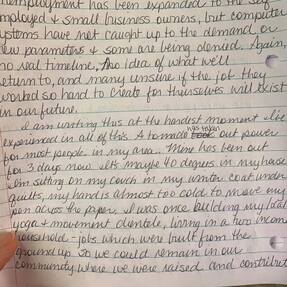
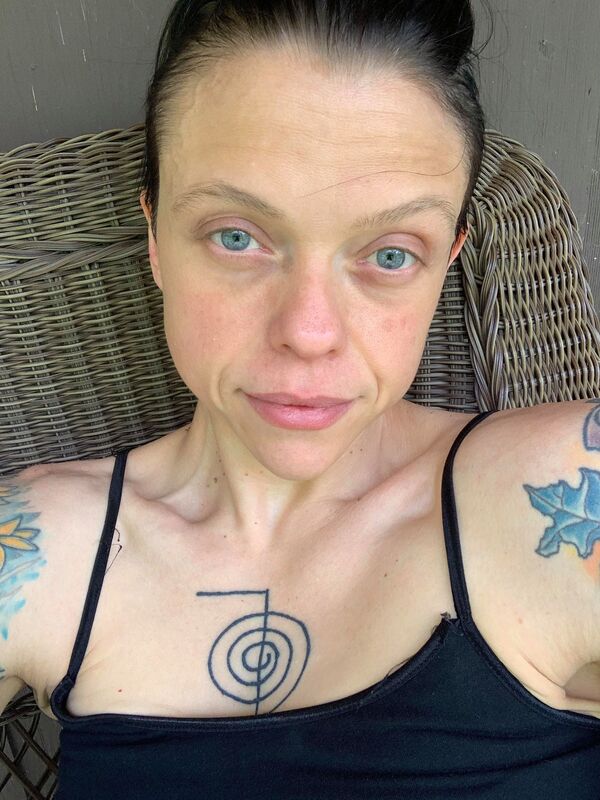
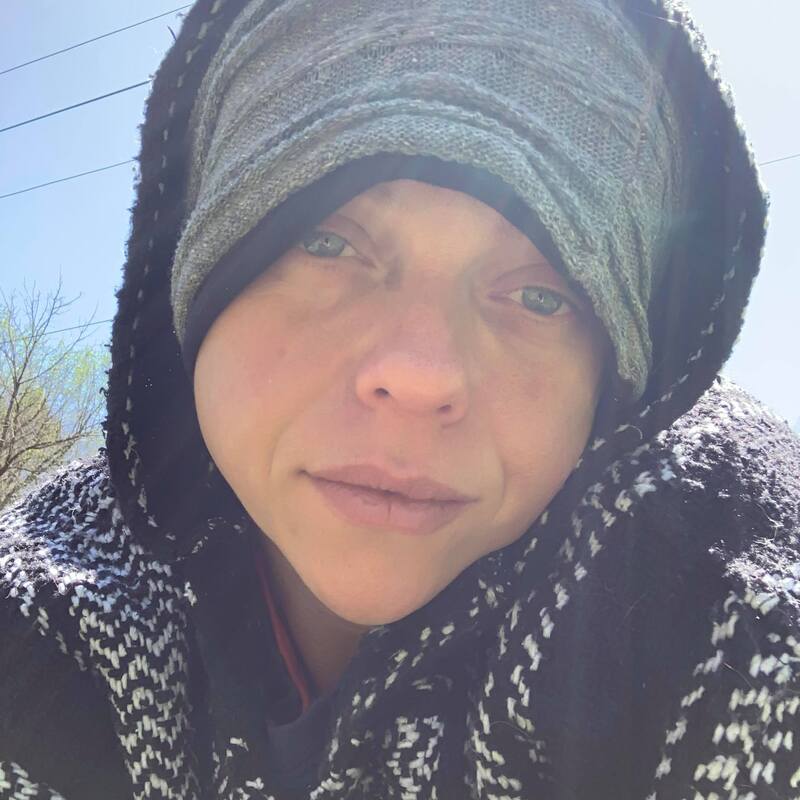
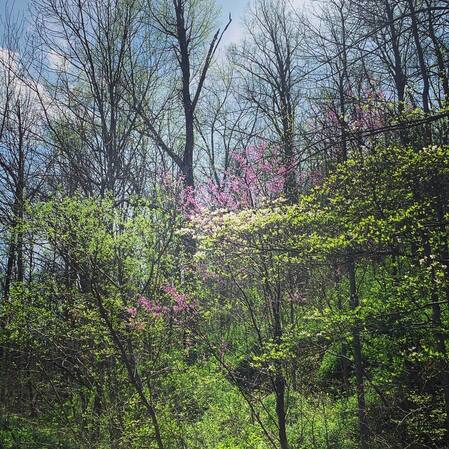
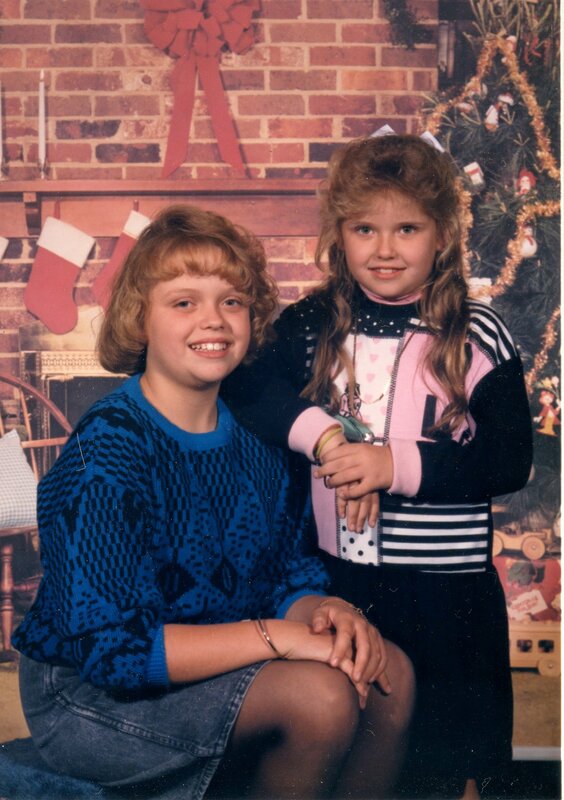
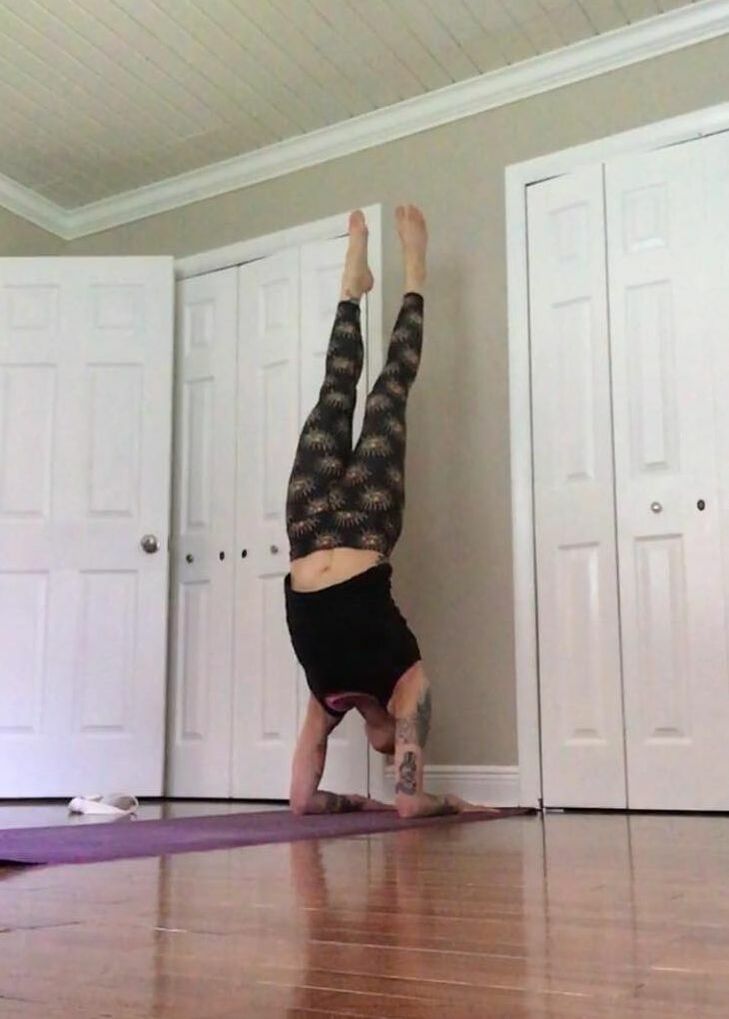
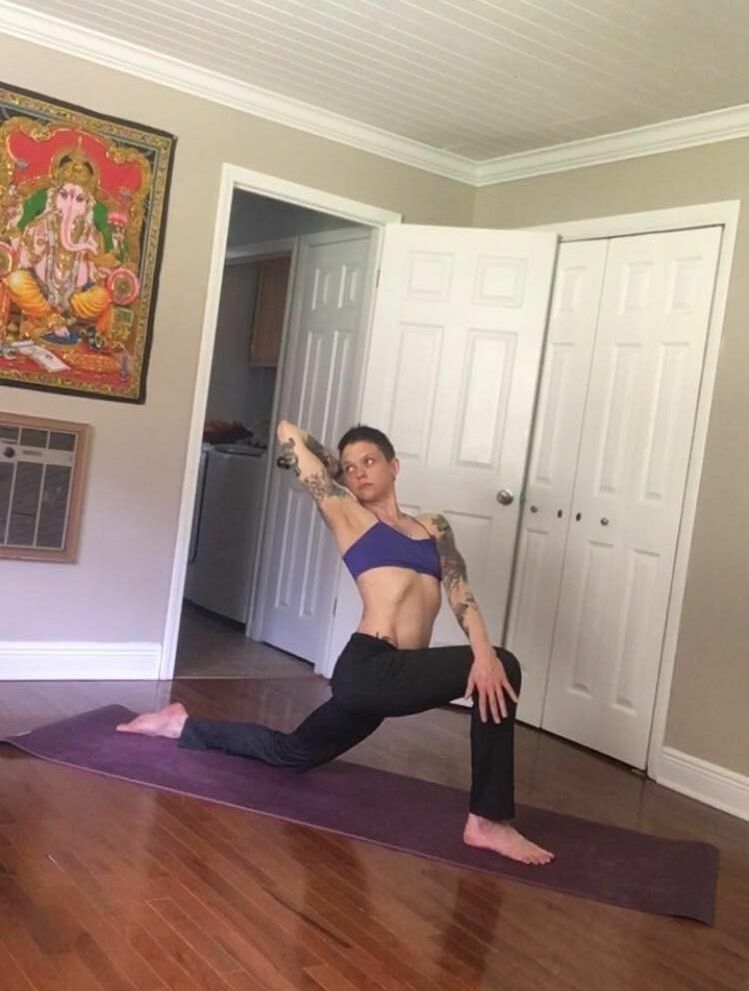
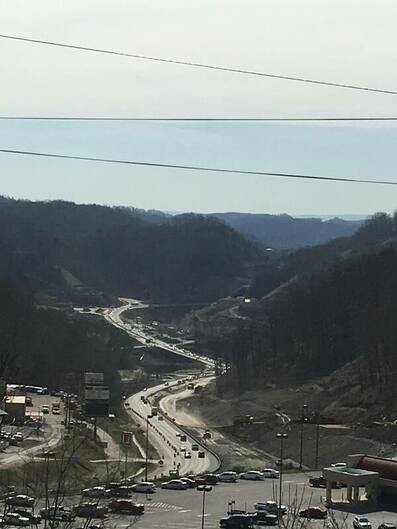
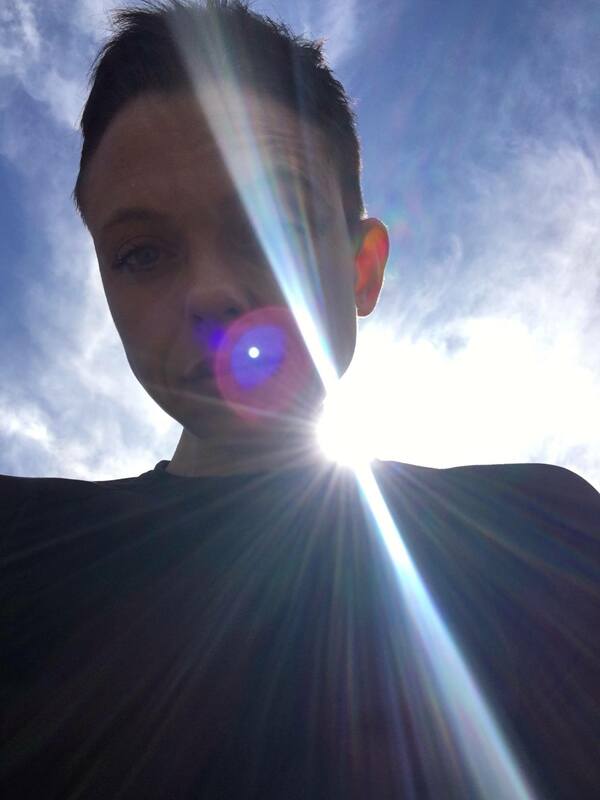
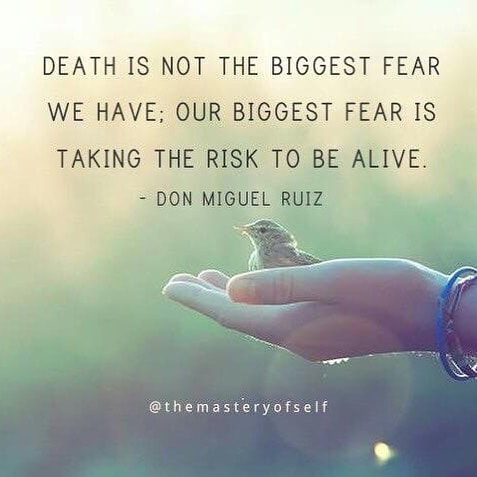
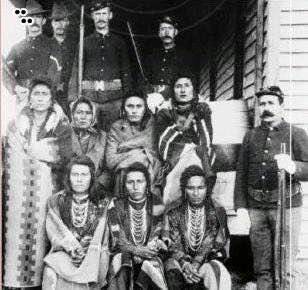
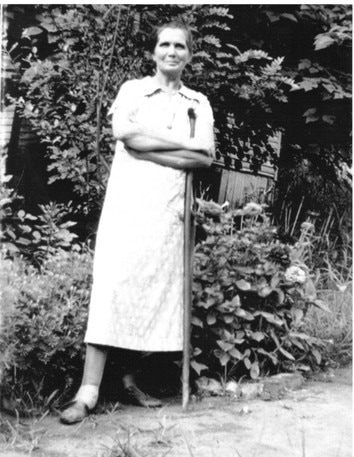
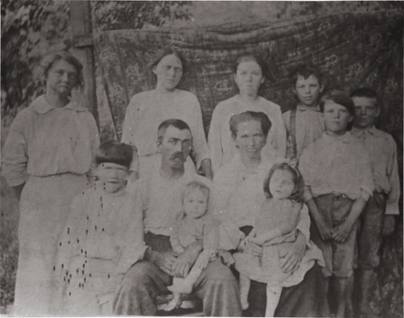
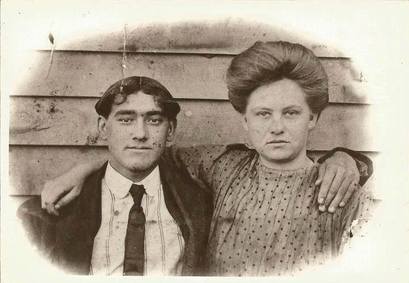
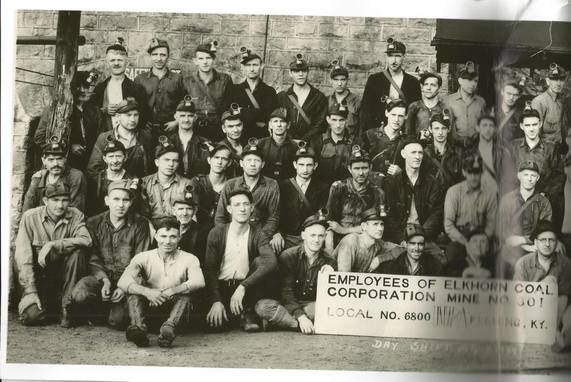
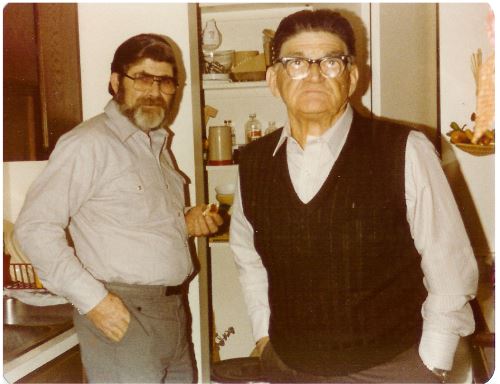
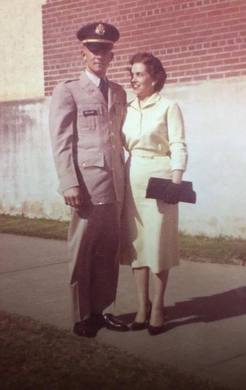
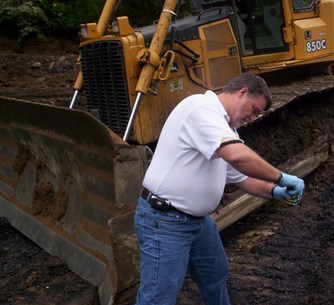
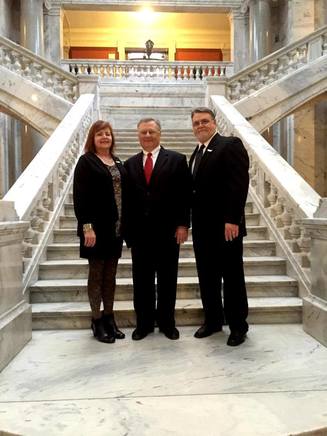
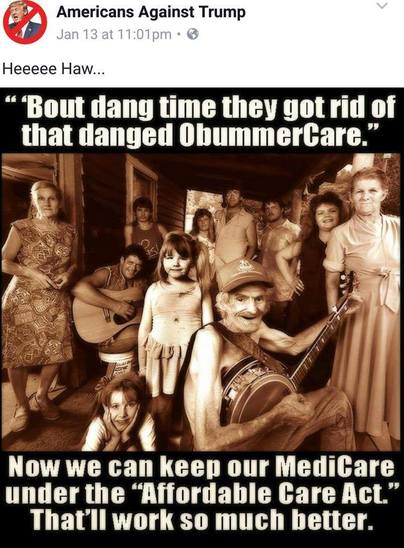
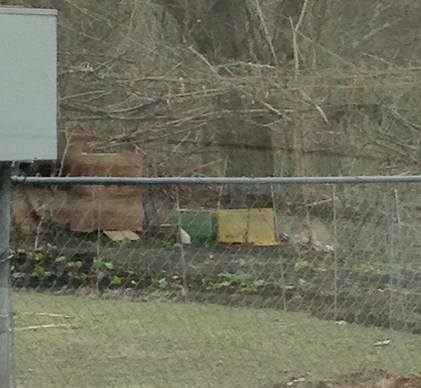
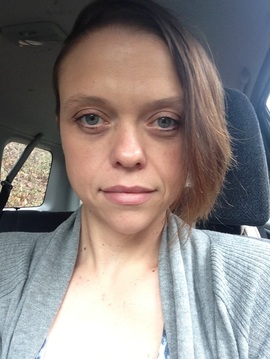
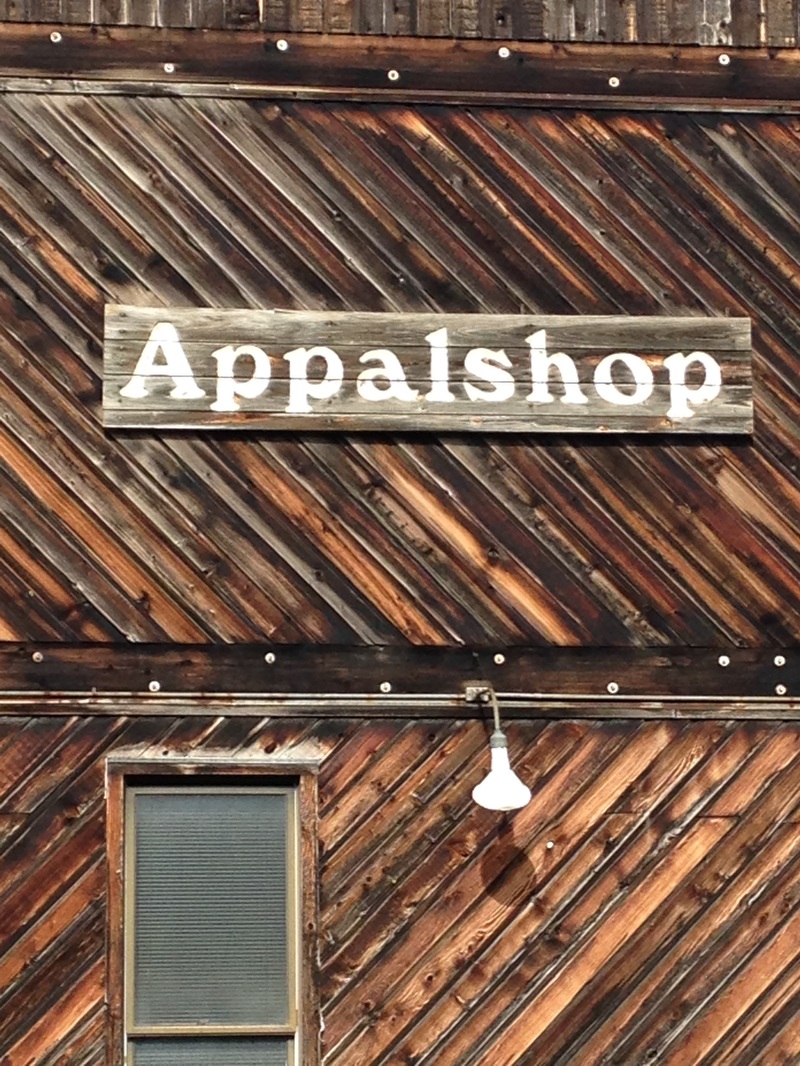
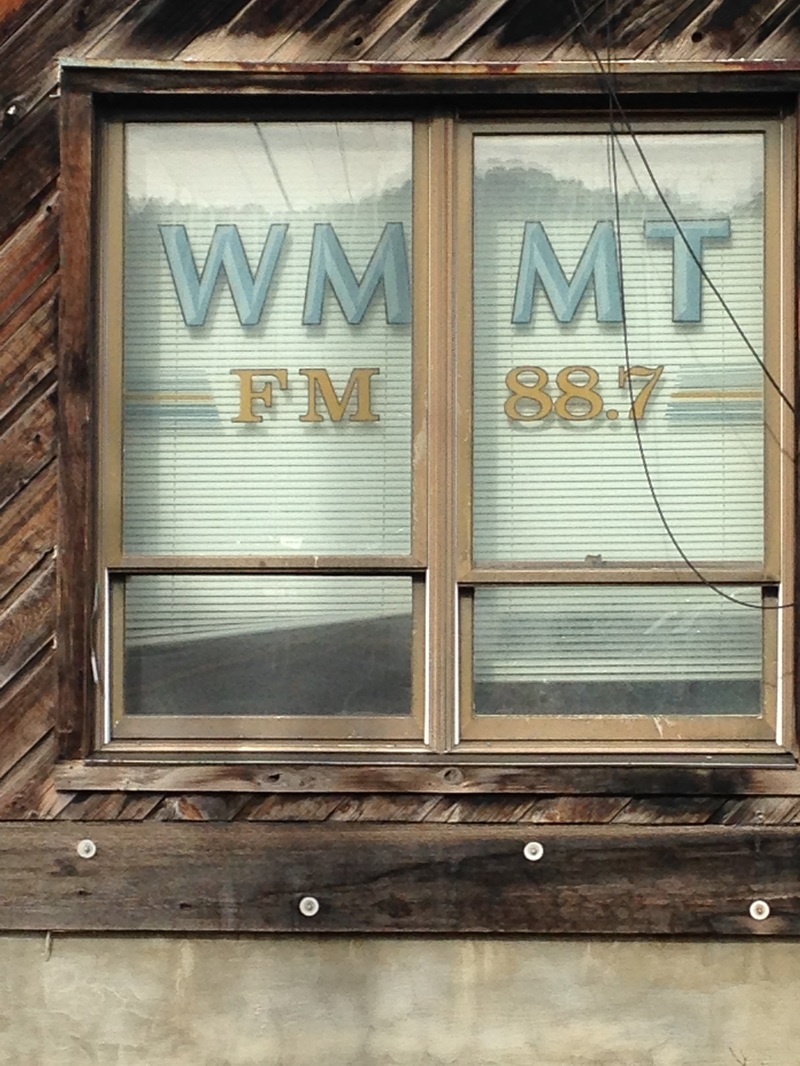
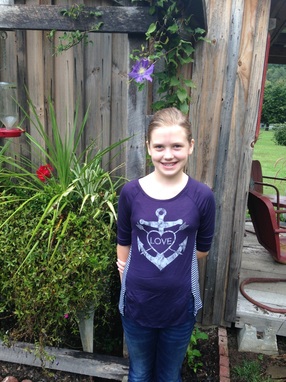
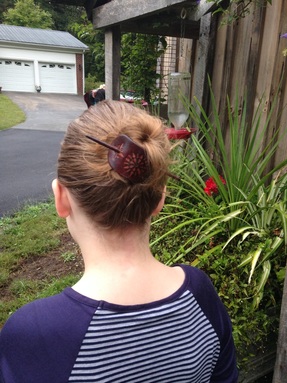
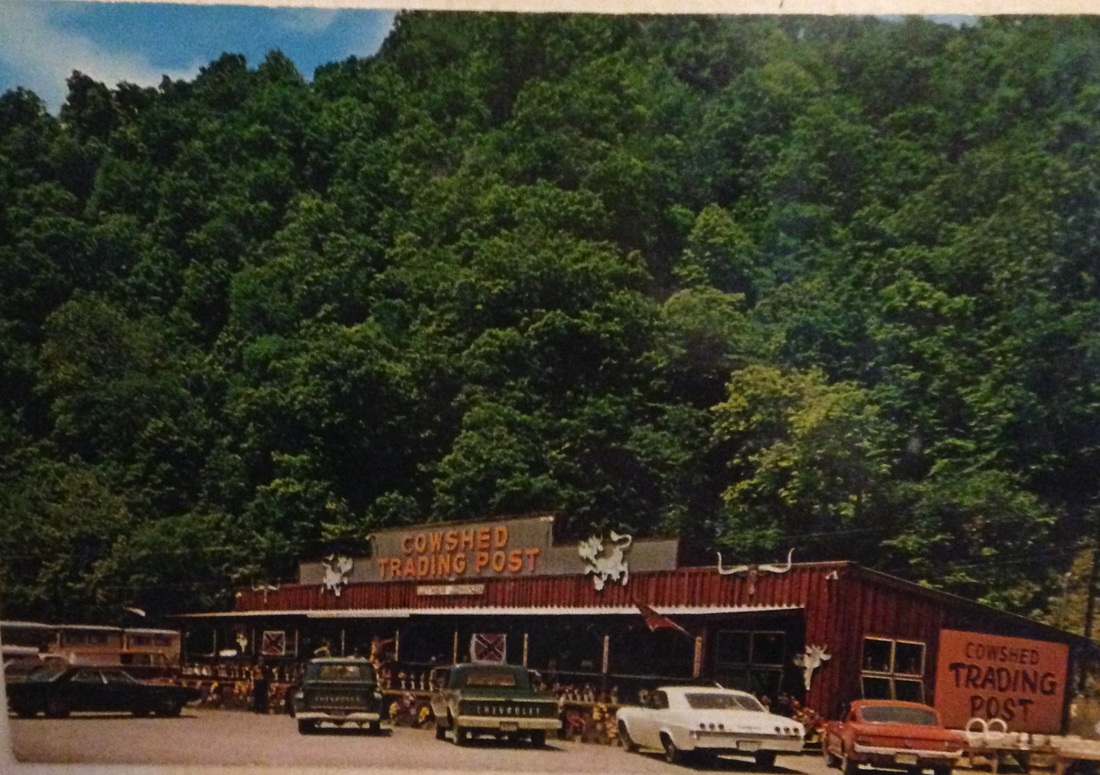

 RSS Feed
RSS Feed